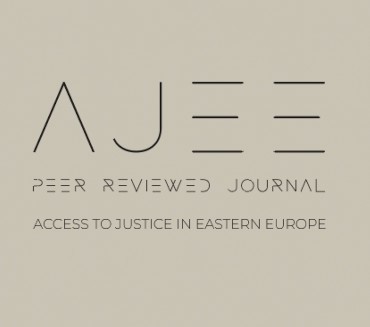1. Introduction. – 2. Literature Review. – 3. Methodology. – 4. The Efficiency of the EU Role in the Adoption of Structural Reforms. – 4.1. Public Perception and Political Will. – 4.2. The Public Administration and Justice Reform. – 5. Conclusion.
Background:
Since the fall of the communist regime, Albanian foreign policy has focused mostly on democratic consolidation but continues to be classified as a hybrid democracy, even as it has made steady progress toward liberal democratic progress and European integration. Both the Albanian population and political elite welcome and encourage the integration process, with the prospect of EU membership transforming the European Union into a powerful force for democracy, driving structural changes, and affecting the rule of law. However, a combination of internal and external obstacles has influenced the process. Using the adoption of the justice and public administration reform, the internal political debate and public sentiments on the integration process, the article explores Albanian political representatives and institutions' complex relationship with the EU. The article underlines the role of EU conditionality and contribution in the adoption of the crucial reforms and the diffusion of EU values in the face of major hostilities between Albanian political forces. While external incentive models offer a valuable framework for comprehending the Albanian Europeanization process, it is essential to consider additional factors that may influence and promote democratisation and adoption of essential reforms.
Methods:
This article uses a case-study approach to analyse the adoption and implementation of reforms in Albania. While Albania is an interesting case study, it is often analysed as part of the EU foreign policy in the Western Balkans. The findings of this paper are expected to be relatively limited in their applicability to similar cases, i.e., small transition countries aiming to fulfil the EU accession criteria.
Political and societal perceptions of EU integration, including time-series analysis, public opinion surveys and political narratives have been discussed and compared with relevant EU reports, reform strategies, and theoretical models on conditionality. Insights into their implementation were uncovered through a systematic content analysis approach.
Results and Conclusions:
The Albanian example shows the influence and restrictions of EU conditionality. More general lessons include the requirement to constantly engage in support of long-term reform implementation and the need to customise conditionality to the political and institutional setting of candidate countries. The long-term sustainability of the reforms in Albania depends on several aspects, such as political will, internal institutional independence, and public trust.

